Citing security considerations, the system requirements for Windows 11 were increased over Windows 10. While the OS can be installed on unsupported processors, Microsoft does not guarantee the availability of updates. Windows 11 also drops support for 32-bit x86 CPUs and devices which use BIOS firmware. In addition to increased reliability, the supported processors increase security capabilities at the chip level. These processors provide virtualization extensions and virtualization performance improvements.
Windows 11 supports virtualization-based security which enables several security capabilities, including memory integrity, also known as hypervisor-protected code integrity . HVCI disables dynamic code injection into the Windows kernel. HVCI also provides driver control and ensures that all drivers loaded meet a policy of allowed drivers set by Microsoft and the user. The United States Department of Defense requires virtualization-based security on Windows 10 for their devices.
In partnership with our OEM and silicon partners, we will be enabling VBS and HVCI on most new PCs over this next year. And we will continue to seek opportunities to expand VBS across more systems over time. Windows 11 version 21H2 was released with a ton of new features, security improvements that focus on productivity and more.
Microsoft has confirmed Windows 11 is a free upgrade for all eligible Windows 10 devices, but not for all. Your device must meet Windows 11 system requirements and bypass the PC health checkup tool before the update to appear in the usual windows update section under settings on your computer. So if you want to get this free upgrade, you must check and confirm whether your device is ready for the new windows 11. Here in this post guide how to check if your PC can run Windows 11 or your device is eligible for Windows 11 free upgrade. Cunningham concluded that "as I've dug into and learned its ins and outs for this review, I've warmed to it more", but argued that the OS was facing similar "public perception" issues to Windows Vista and Windows 8.
At least 16GB of RAM The basic system requirements of Windows 11 differ significantly from Windows 10. Windows 11 only supports 64-bit systems such as those using an x86-64 or ARM64 processor; IA-32 processors are no longer supported. Thus, Windows 11 is the first ever consumer version of Windows not to support 32-bit processors and 16-bit software . The minimum RAM and storage requirements were also increased; Windows 11 now requires at least 4GB of RAM and 64GB of storage.
S mode is only supported for the Home edition of Windows 11. The compatibility list includes the Intel Core i7-7820HQ, a seventh-generation processor used by the Surface Studio 2, although only on devices that shipped with DCH-based drivers. Microsoft does not recommend downloading Windows 11 on PCs that do not meet its standards, such as minimum 4GB of RAM, 64GB storage, TPM chips, and supported processors.
Windows 11 will not come as an automatic update for unsupported devices, but users will be able to download it off the web. Microsoft has an app called PC Health Check, which can be used to determine if a PC is ready for Windows 11. Some PCs also have TPM chips installed but disabled and you can turn them on by going into your BIOS settings. He also acknowledged the expansion of Microsoft Store to include more "traditional" desktop applications. As part of the minimum system requirements, Windows 11 only runs on devices with a Trusted Platform Module 2.0 security coprocessor.
According to Microsoft, the TPM 2.0 coprocessor is a "critical building block" for protection against firmware and hardware attacks. In addition, Microsoft now requires devices with Windows 11 to include virtualization-based security , hypervisor-protected code integrity , and Secure Boot built-in and enabled by default. The operating system also features hardware-enforced stack protection for supported Intel and AMD processors for protection against zero-day exploits. Windows 11 continues our strong commitment to compatibility. This means that devices can upgrade to Windows 11 and critical apps and devices will simply work.
Raising the Windows 11 minimum system requirements enables us to better support apps and hardware for drivers and devices. Feedback also shows us that unsupported hardware is more likely to have older drivers that are incompatible with new OS features such as VBS. Supported hardware also comes with modern drivers, which helps ensure not only the reliability we mentioned earlier, but also great hardware compatibility. Windows 11 Upgrade Checker is one of the best tools on this list developed by the EaseUS company. One thing which I really like about this tool is that it has lots of advanced features with a clean user interface. Apart from this, you also get every detail about the hardware like TPM is enabled or not, Disk Partition Type, Secure Boot, and many more.
Some users also get confused with an update checker whereas it is an upgrade checker tool. Also, when you download this tool, you may have an app file named WhyNotWin11.exe and I think they purchased this tool from the previous owner & rebranded it as the new one. Internet Explorer has been replaced by the Chromium-based Microsoft Edge as the default web browser, and Microsoft Teams is integrated into the Windows shell. Microsoft also announced plans to allow more flexibility in software that can be distributed via Microsoft Store, and to support Android apps on Windows 11 .
The PC Health Check tool is available for download as part of the company's Windows Insider program and it can now be installed to check whether your hardware and software will work with Windows 11. Your device is officially supported for Windows 11 if it comes with newer processors, TPM 2.0 and Secure Boot. The new Windows 11 is here and it surely comes with a host of interesting features. The latest operating system from Microsoft brings you new visual changes, compatibility with Android, interesting gaming-related features, and more.
The company has also revealed that a vast majority of PC or laptop available in the market will be compatible with Windows 11. The brand has also released a list of minimum requirements and processors that support the latest operating system. That being said, if you want to know whether your Windows 10-powered laptop or PC is compatible with Windows 11, there is a simple way to do it. In this article, we are going to show a step-by-step guide of how you can check for Windows 11 compatibility with your laptop or PC. Ashampoo Windows 11 Compatibility Check is one of the best tools to check Win 11 compatibility for any Computer PC or laptop.
This tool is developed by Microsoft certified partner company Ashampoo. Using this tool you can easily analyze all your system hardware and tell whether you are eligible to install windows 11 on your PC. Moreover, this app will check all the system requirements that are required like UEFI Firmware, Directx, TPM Security, Secure Boot, and many more. And the best part is that Ashampoo is a very well-known company serving in this field for over 21 years. Following the results of our testing, we are making a small number of additions to the compatible processor list , but otherwise will maintain the minimum system requirements as originally set.
Furthermore, Microsoft has released a tool called PC Health Check, which lets users check if a PC is compatible with the Windows 11 OS. Once you install it, you can run it on your PC or laptop to check if you can upgrade the device to Windows 11. Notably, Microsoft notes that the data used by the app will not shared or stored. Original equipment manufacturers can still ship computers without a TPM 2.0 coprocessor upon Microsoft's approval. Some third-party software may refuse to run on unsupported configurations of Windows 11.
In October 2019, Microsoft announced "Windows 10X", a future edition of Windows 10 designed exclusively for dual-touchscreen devices such as the then-upcoming Surface Neo. Legacy Windows applications would also be required to run in "containers" to ensure performance and power optimization. Microsoft stated that it planned to release Windows 10X devices by the end of 2020. Cnet listed out two available online tools users could use to check for Windows 11 compatibility. To clarify, these programs need to be downloaded and installed on the device so it can run a diagnostic program and check on its eligibility.
Each online tool has its own set of instructions for usage. To check for Windows 11 compatibility, download and run the PC Health Check app, which will identify specific compatibility issues that prevent an upgrade. PCs purchased in 2016 or earlier are almost certain to be unsupported. The program returns one of three possible windows after the compatibility check runs. I'm running Enterprise on my production PC and have flagged this as an error or problem with Microsoft via its Feedback Hub.
Microsoft designed Windows 10 to run on older hardware, but Windows 11 is more progressive. The five-year-old 7th generation Intel processors are not part of hardware requirements specified for Windows 11. Also, Microsoft has included trusted platform modules , specialized security chips that carry out cryptographic operations and protect passwords on a device. They are affixed to the PC's motherboard and are a staple in almost every mid-range and premium laptop. They are useful for enterprises that need special security measures beyond the logins that are based on the usual passcode or password.
Windows 11 is the first version update to the most widely used PC operating system in the world in more than five years. While some users have been trying out Windows 11 via the Windows Insider Program Microsoft has been using that data to expand the list of compatible processors. That list was updated recently to include Intel Core X-series, Xeon W-series and Intel Core 7820HQ CPUs. So it's clear that Microsoft is still testing to ensure as many machines as possible work with the new operating system and it's worth keeping an eye on the long list of supported devices. Microsoft stands firm on hardware requirements and it looks like older processors won't be officially supported, but loopholes will allow users to install Windows 11 on any device. The tool is back and is now significantly improved, and if it detects any incompatibilities with your PC, it will list them individually.
But you can also prepare for an upgrade to Windows 11 by checking your PC's hardware and software capabilities by hand. This approach is especially helpful if you've got a home-built PC that may have a Trusted Platform Module installed, but not enabled. So grab your current PC's specs and follow along as we go over the extensive lists of requirements that Microsoft has published. The app is distributed online as an automated installer that can be easily downloaded and deployed on local storage by just following few simple on-screen instructions. Once installed, the PC Health Checker app can be run on any version of Windows 10. The combination of these features has been shown toreduce malware by 60%on tested devices.
To meet the principle, all Windows 11 supported CPUs have an embedded TPM, support secure boot, and support VBS and specificVBS capabilities. Legacy BIOS is no longer supported; a UEFI system with Secure Boot and a Trusted Platform Module 2.0 security coprocessor is now required. The TPM requirement in particular has led to confusion as many motherboards do not have TPM support, or require a compatible TPM to be physically installed onto the motherboard. A redesigned user interface is present frequently throughout the operating system, building upon Fluent Design System; translucency, shadows, a new color palette, and rounded geometry are prevalent throughout the UI. The latest version of Windows has pretty strict system requirements and only officially supports PCs with modern CPUs. Microsoft has a handy tool to help you check, but even unsupported PCs will be allowed to upgrade.
If your PC doesn't meet one or more of the requirements above, it can't officially run Windows 11. Either of these tools can provide you ample intelligence to determine if your PC is ready for Windows 11, with one caveat. Older PCs whose CPUs qualify under the processor requirement may include hardware-based TPM chips of version 1.3 or older . These CPUs can emulate TPM 2.0, so what looks like a failure to meet Windows 11 requirements at the hardware level can be offset in software.
I will explain further in the section on the Windows 11 Compatibility Check script below. TheUEFI Secure Boot requirement ensures that a system boots with only code signed by either the device builder, the silicon vendor, or Microsoft. It does this by ensuring all code is signed by specific entities and by recording cryptographic hashes in hardware that can also be sent to the cloud to verify integrity. If a system can be compromised prior to the operating system boot, then all kernel, user and endpoint security tools can be completely undermined. The "NotPetya" attack, which cost hundreds of millions in damages, leveraged legacy bios to inject ransomware code before boot, which can now be mitigated by Secure Boot. The value and best practices of Secure Boot have also been validated by the U.S.
We have been requiring OEMs to ship using UEFI Secure Boot enabled since June 26, 2013 and want all Windows 11 devices to be able to provide that customer benefit. For those who are using a PC that won't upgrade, and who aren't ready to transition to a new device, Windows 10 is the right choice. We will support Windows 10 through October 14, 2025 and we recently announced that the next feature update to Windows 10 is coming later this year. Whatever you decide, we are committed to supporting you and offering choice in your computing journey. If you want to see the full Windows 11 minimum system requirements, you can visit this page.
Microsoft unveiled Windows 11 officially today and plans to release early access builds of the operating system next week. A Microsoft account is mandatory to access all features. On Tuesday Google said the bug affected devices running Android 10 and above with the Microsoft Teams app installed without being logged in. Now, the "fix for issue preventing emergency calls in certain conditions while some third-party apps are installed" has been rolled out, according to this month's Pixel software update. Microsoft also released a patch for the bug on its Teams app last month. The upgrade is free for Windows 10 PCs that are compatible with Windows 11.
Microsoft will release an updated version of its PC Health Check app before the launch so users can see if their PC meets the system requirements to run Windows 11. Windows 11 Home may be restricted by default to verified software obtained from Microsoft Store ("S Mode"). Windows 11 Home requires an internet connection and a Microsoft account in order to complete first-time setup. You can use thePC Health Check appto determine if your device is eligible to upgrade to Windows 11. Many PCs that are less than four years old will be able to upgrade to Windows 11. They must be running the most current version of Windows 10 and meet the minimum hardware requirements.
I expect that older PCs upgraded using this workaround will continue to receive security updates alongside supported hardware for an indefinite period, but that's not guaranteed. Future feature updates might reinstate the compatibility check without allowing a bypass. The good news is that if you're planning to buy a mainstream desktop or laptop now, or you bought one in the past four years, it's probably already compatible with Windows 11. But the system requirements for the new OS aren't exactly straightforward.
Microsoft made things more confusing with a problematic compatibility checker tool, which the company withdrew just a few days after its release. After carefully analyzing the first generation of AMD Zen processors in partnership with AMD, together we concluded that there are no additions to the supported CPU list. We will be updating the PC Health Check app to identify the correct systems with the newly added Intel CPUs in the coming weeks before the tool is released for general availability.
Additionally, we will have more to share on the tools and reports IT Pros can use to understand their organization's hardware eligibility at scale as we get closer to Windows 11 general availability later this year. So, that's all about the list of all compatibility checker tools that can be used for updating to Win 11. Also, all the tools mentioned above are working and do not contain any viruses or malware. One thing which I want more in this list is an online tool for checking all the hardware requirements.
PC Health Check App is the official tool developed by Microsoft to check if your PC is compatible with Windows 11 or not. Although the application was really great, just you have to run it and then click on Check now button. After that, it will start scanning your computer's hardware and tell if you are ready to go with Win 11. But as most of the users started facing TPM 2.0 issues they shut it down. Also, no proper details were provided by this application as it only shows a message "This PC can run Windows 11" or not.
The old checker spits out an unhelpful message.The revised tool now lists the spec the system failed to meet.The TPM, or trusted platform module, is a security chip that helps to establish a hardware root of trust. Windows 11 will require devices to have TPM 2.0 in order to be compatible. Now you need to look at these details carefully so that you can either update or upgrade to these Win11 System requirements in order to run it smoothly. Even after having all these system requirements, your PC has errors for installing windows 11 then install the PC health check App tool from the Microsoft website.

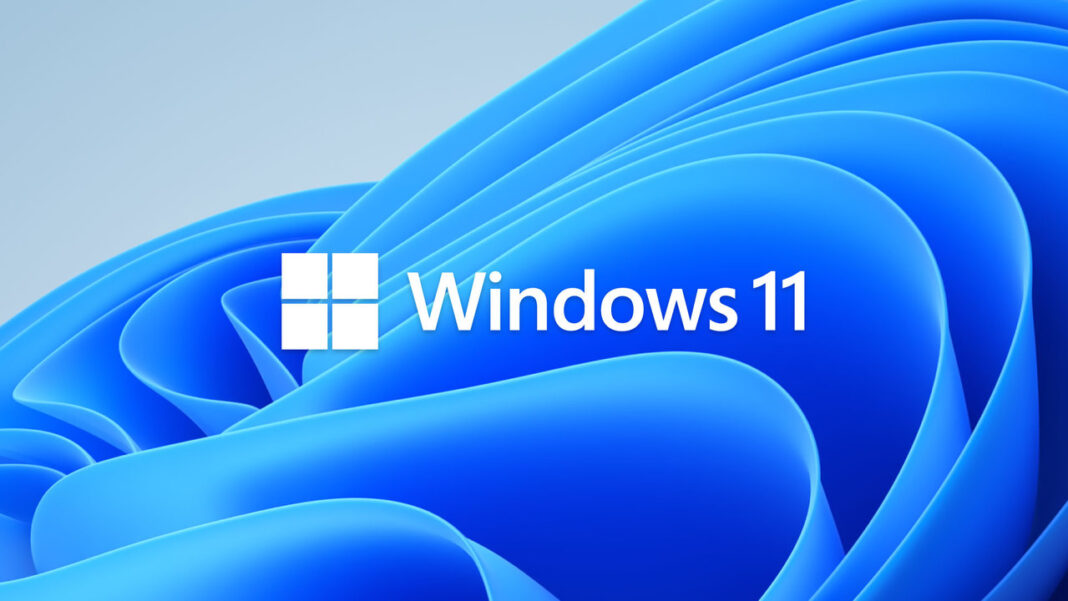



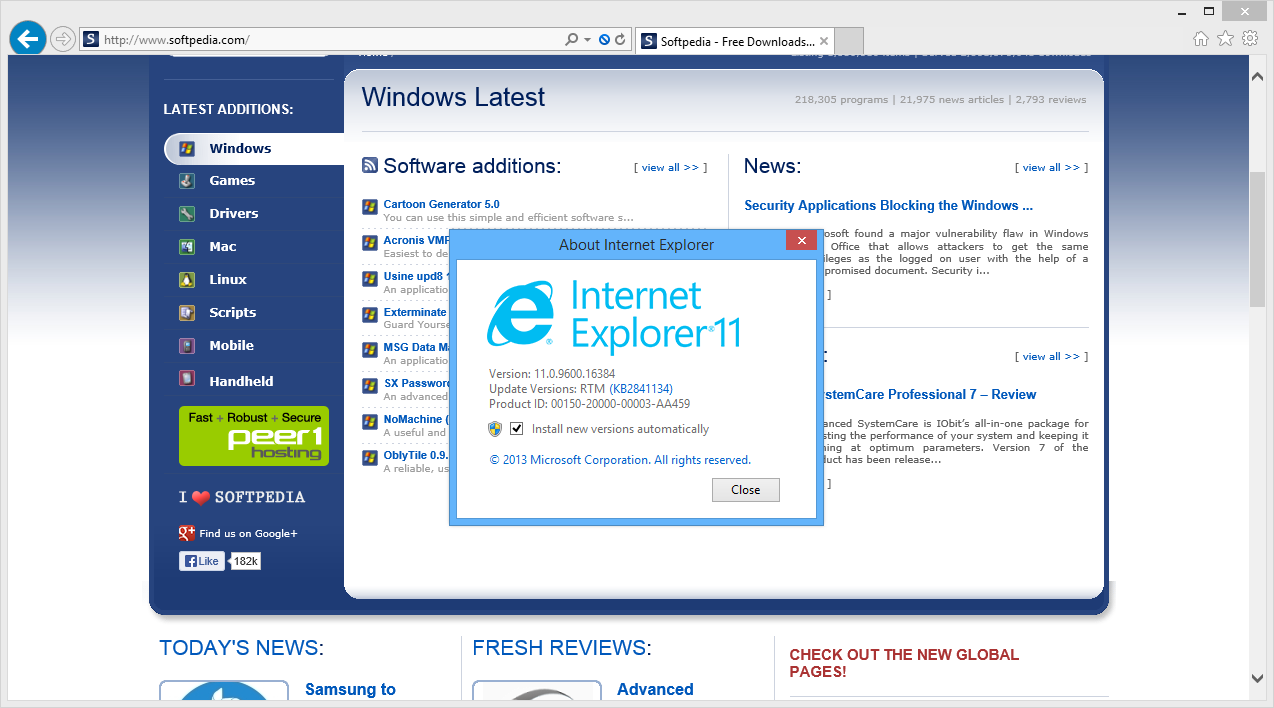

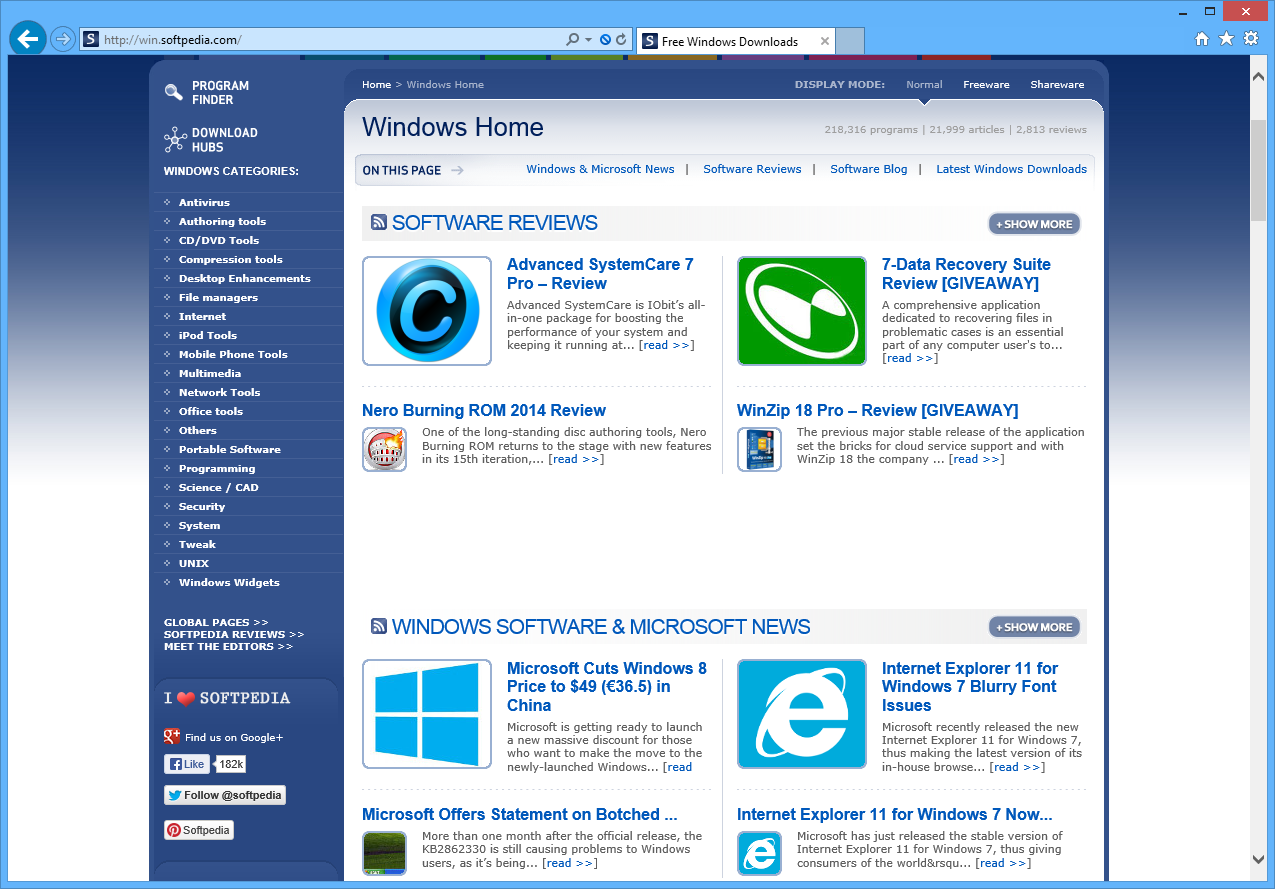



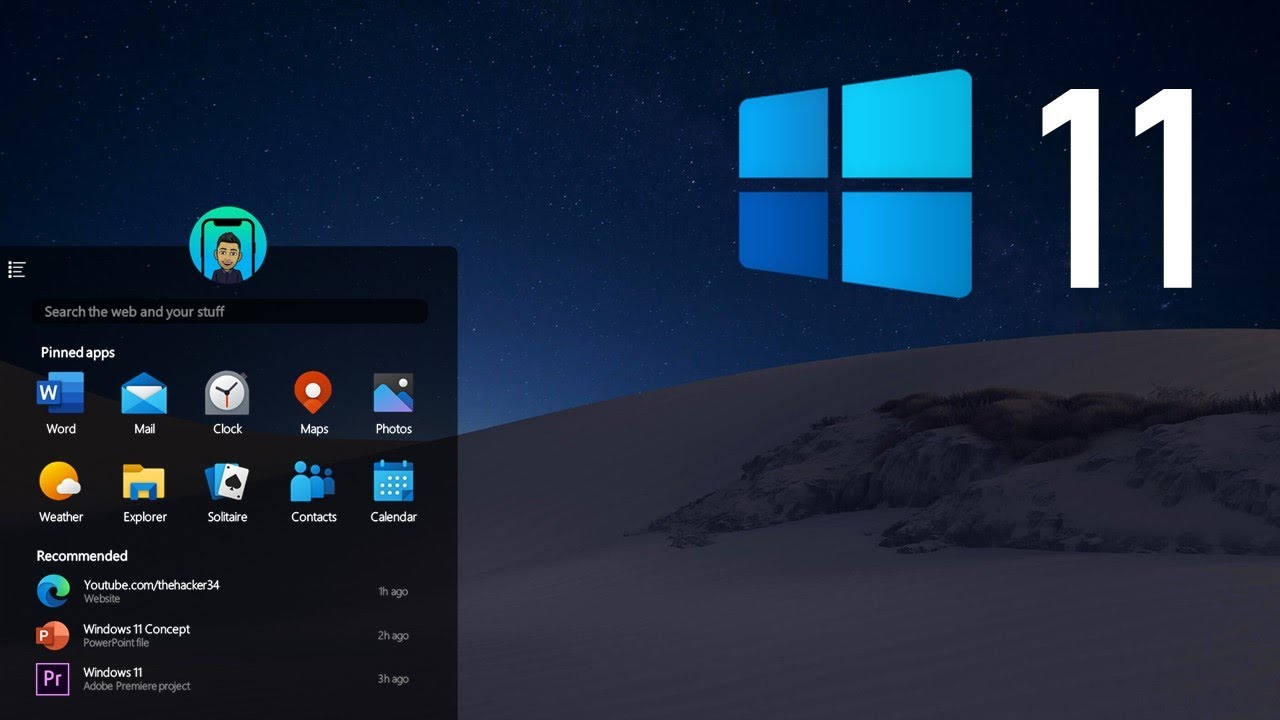





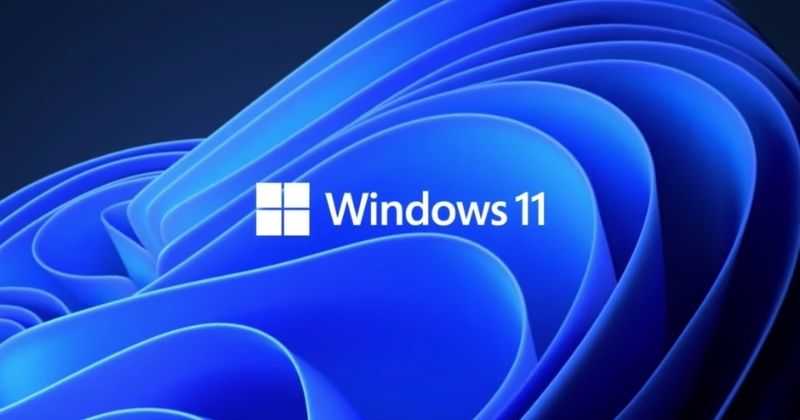

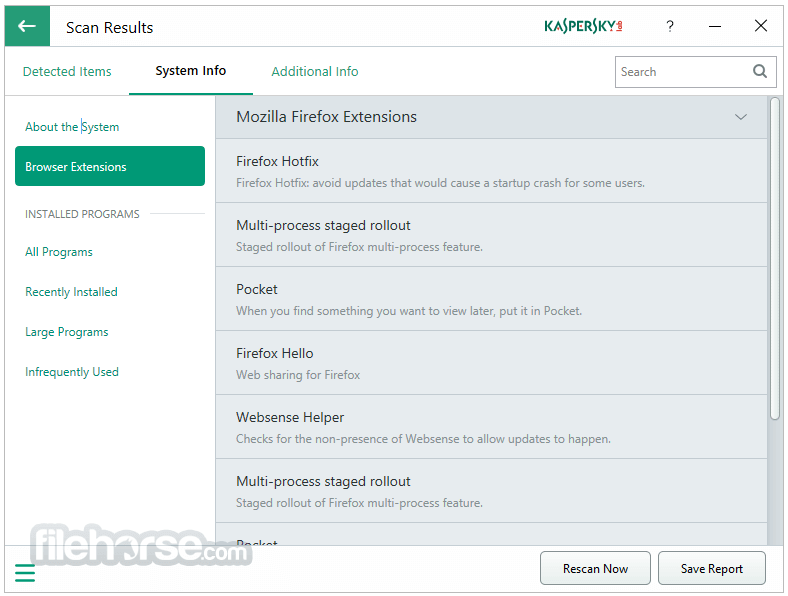






No comments:
Post a Comment
Note: Only a member of this blog may post a comment.